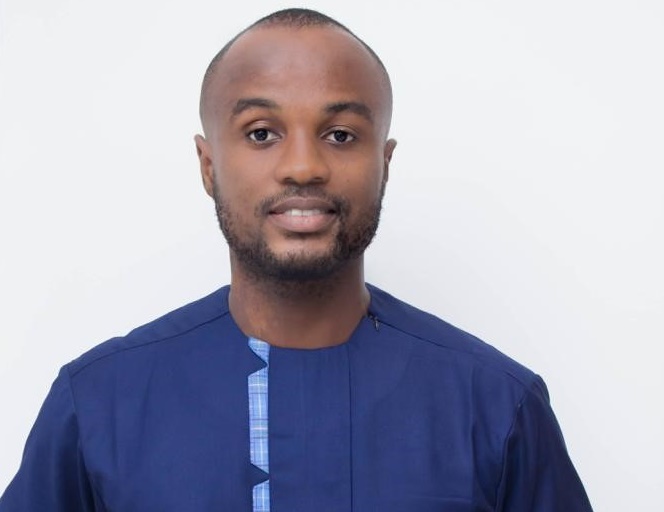World of inequalities
Statistically, if one made US$5,000 every blessed day starting in 1492 – when Christopher Columbus arrived in America – one would still have less money than Jeff Bezos, who is worth over US$190billion. Crazy, isn’t it?
According to an Oxfam report in 2018, the 26 richest people in the world have more money than the 3.8 billion people who make up the poorest half of the planet’s population. In Ghana, it would take an average poor woman more than 1,000 years to earn as much as one of the country’s richest men earns in a month!
High growth momentum since 2017 has consistently placed Ghana among Africa’s 10 fastest-growing economies. Ghana’s real GDP growth was estimated at 7.1% in 2019, an increase from the 6.3% that was recorded in 2018; Ghana’s Gini index (measure of inequality) increased by 2.68% to 38.30% over the same period.
Despite the huge strides achieved in creating a wealthy society, at the core of this progress is significant inequalities and a success which can be deemed as uneven. Based on the growth trajectory of both indicators in the global economy and Ghana, there seems to be a positive correlation between economic growth and income inequality.
Rich richer, Poor poorer
The fact that income tends to be positively correlated with other aspects of well-being also alerts us to the fact that poor people in Ghana and in the world are poorer, and rich people richer, than we would recognise on the basis of their incomes alone. Africans not only have less money than Europeans and Americans, they also have lower life-expectancy and less chance of ever going to school.
Such associations also hold within countries: poorer people are more likely to lose their babies and can expect to have shorter lives, and this is as true in the rich countries of Europe and North America as it is in the poor countries of Asia and Africa. Taking a broader view of poverty gives us a more complete understanding of the canker and puts it into proper perspective.
An interesting thing is that it is actually in the interest of the wealthy class to address these extreme inequalities. That may sound odd, but these inequalities if not checked will kill the geese that lay the golden eggs for the wealthy. It goes without saying that the rich make their fortunes largely off the backs of the working class and the poor. The journey along this route only points toward an economic apartheid.
Extreme inequality makes no moral or economic sense, and it also hampers efforts to end extreme poverty. It is worth noting that poverty and inequality are not inevitable or accidental, but the result of deliberate policy choices. Inequality can be reversed.
The way economies are organised means wealth is increasingly unfairly concentrated among a privileged few while millions of people are barely subsisting. As the market systems get more specialised, more money is pushed to the top.
The natural function of a more specialized market economy is to divert more and more of the rewards to the top. That’s something that governments have not fully addressed. No one should be condemned to an earlier grave or a life of illiteracy simply because they were born poor. There is enough wealth in the world to provide everyone with a fair chance in life.
What should governments do?
Governments should act to ensure that taxes raised from wealth and businesses paying their fair share are used to fund free, good-quality public services that can save and transform people’s lives. The funds for these public services should not be sourced from the poor – once someone is poor, taking money away from him or her becomes very easy and governments have exploited this tactic.
Tax systems play a vital role in fighting inequality. By making the rich pay more than the poor, a progressive taxation system redistributes wealth and income from the ‘haves’ to the ‘have-nots’.
Further, tax revenues can fund the provision of free, good-quality public health and education services to all, which is critical to reduce economic and social inequalities. There are billionaires who fund things that are beneficial to society. But philanthropy is not a substitute for a fair tax system. The wealthy are not expected to give back; they are expected to take less.
>>>The writer is a PhD Candidate at the University of Science and Technology Beijing studying Business Administration with research interests in Development Economics and Marketing Strategy. Phone Contact: +233 242 884 571; Email: [email protected]










